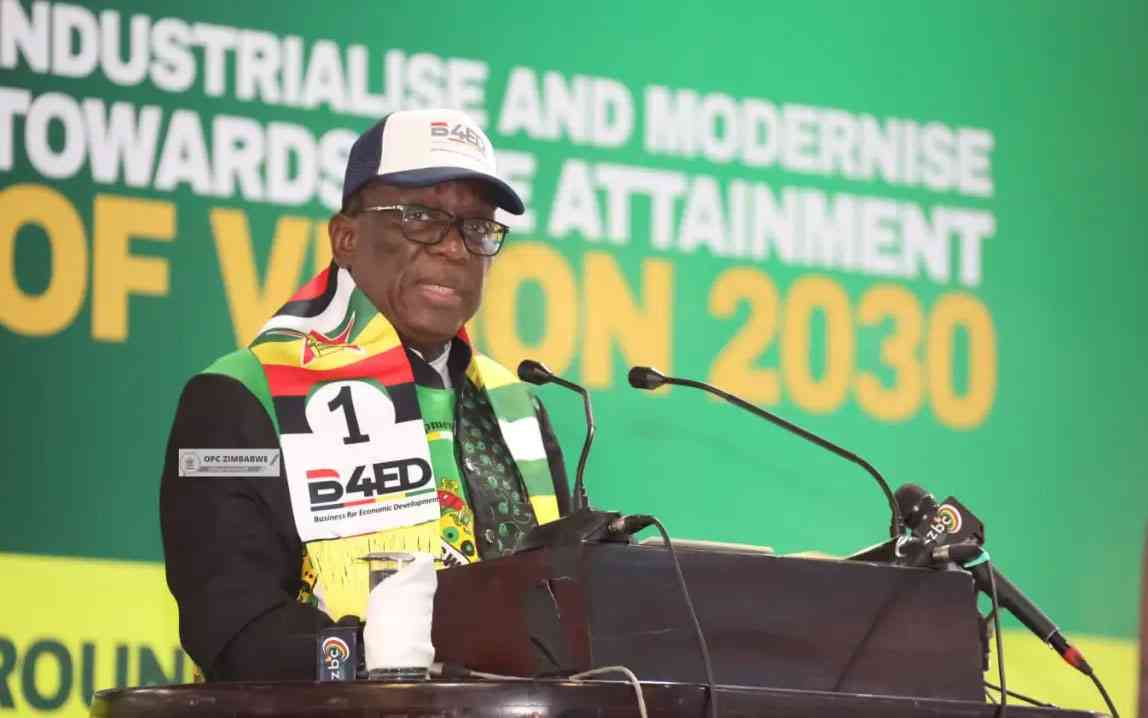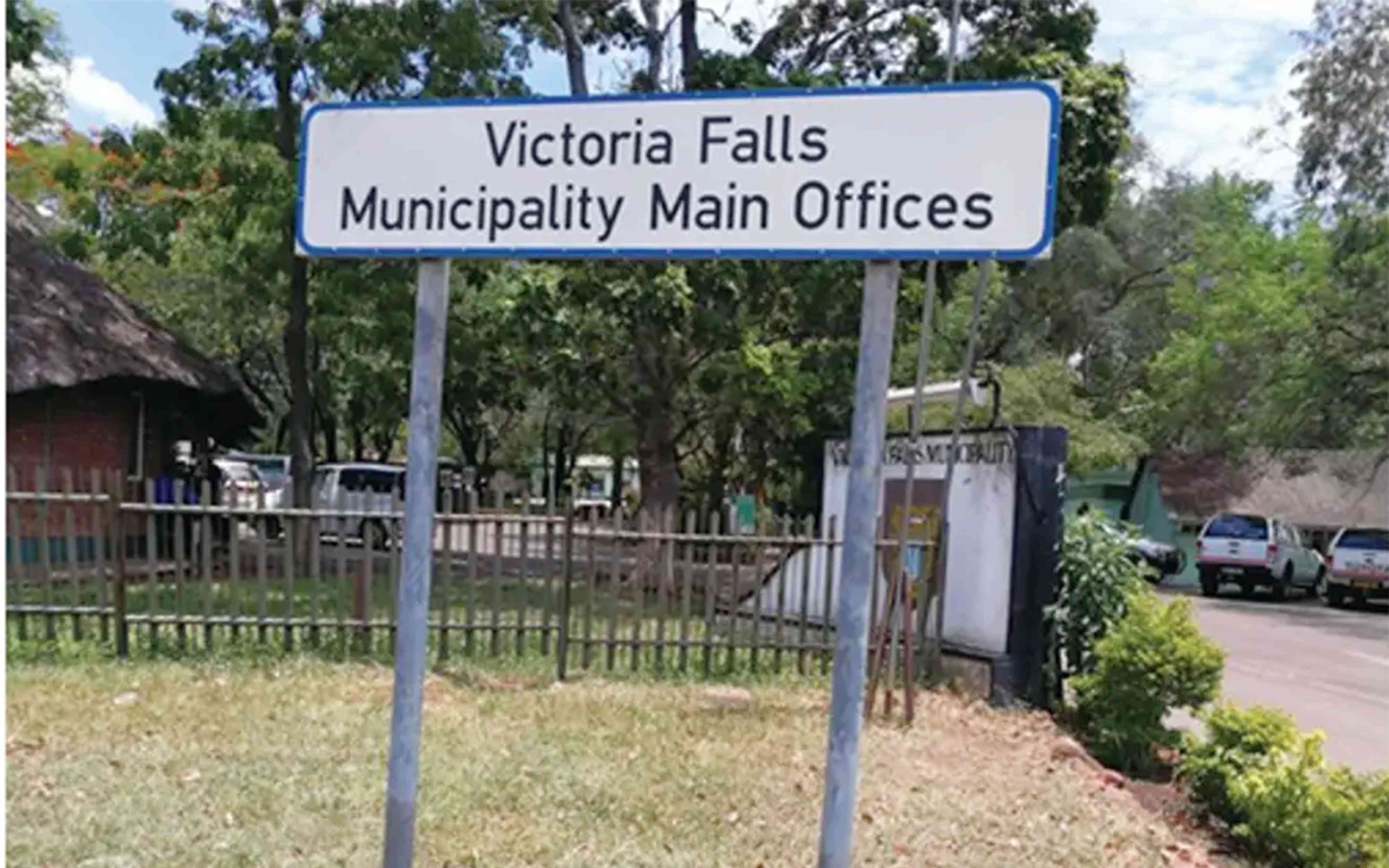
ABOUT 74% of the business community in Zimbabwe stated that the ease of doing environment in the country deteriorated in 2022 as the economy battled increased power cuts and triple-digit annual inflation.
This was revealed in survey findings from 1 695 responses out of 2 000 questionnaires sent out by the Zimbabwe National Chamber of Commerce (ZNCC).
The findings were in ZNCC's second edition of its annual State of Industry and Commerce Survey 2022 released yesterday, where, most businesses complained about the obtaining business climate.
While 74% found the ease of doing business has deteriorated, 17% found it neutral with the remainder seeing it as user-friendly. Businesses have suffered triple-digit annual inflation rates, 19-hour daily power cuts, foreign currency challenges, a depreciated local currency, deteriorating service delivery and increased borrowing costs.
ZNCC president Mike Kamungeremu highlighted some of these factors when launching the survey.
“As we close 2022, the report gives a clear reflection of what the business community has gone through amidst high inflation, interest rates, volatility in the rate of exchange, unpredictable policy changes, growing informal sector, and subdued aggregate demand,” he said.
“One thing for sure is that all this shall come to pass. I salute the resiliency that the Zimbabwean business community possesses. We have managed to remain resolute despite going through from crisis to crisis.”
He said 2023 needed bold reforms and infrastructure investments.
- Power crisis hits Proplastics factory
- Zim industry pushes for more locally-generated power
- Women urged to take advantage of Women’s Bank
- Half of Zim youths loafing: ZimStat
Keep Reading
From the responses, 77% of the respondents indicated that the domestic economic situation in 2022 deteriorated compared to 2021, while 15% saw an improvement.
“More still needs to be done to improve the doing business environment in Zimbabwe. Given this poor performance on the ease of doing business amidst the reform period, both from an international perspective and also from local views, policymakers in Zimbabwe need to maintain focus on implementing interventions that improve the doing business environment in the country.
“Respondents were asked to indicate the challenges weighing on the ease of doing business in Zimbabwe. According to the survey results…the major challenges relate to costs brought by high levels of corruption (94%), complex taxation system (93%), poor utility delivery (e.g. electricity, water, and sewage) (90%), and policy inconsistency (80%),” reads part of the survey.
Meanwhile, 81% of those surveyed found that the credit situation deteriorated this year while 9% noted that the situation remain unchanged. The reason behind this was the central bank’s implementation of a hawkish monetary policy stance that raised interest rates to 200%.
“Relating to credit availability, Zimbabwe lacks patient capital critical for the much-needed recapitalisation and retooling,” part of the report reads.
“International lines of credit remain elusive given the country’s high sovereign risk. Moreover, the past four years have seen the promulgation of a plethora of statutory instruments (SIs), which have had unintended destabilising effects on the economy.
“These are introduced with neither consultation with the business community nor impact analysis,” it states.
However, ZNCC said companies needed to explore borrowing in foreign currency where the interest rates have remained attractive despite being higher.
The majority of stakeholders surveyed, 95%, ranked corruption as the major issue that needed to be dealt with towards the ease of doing business.
“The business confidence index (BCI) reflected by firms and the business community is generally negative for the upcoming year of 2023,” reads the report.
“The combined diffusion index of the BCI of industry and commerce decreased to minus 42 from a figure of eight recorded in 2021.
“The general pessimism shown by business confidence indicators reflects that stakeholders in ‘industry and commerce’ have no confidence on the government’s macroeconomic stabilisation policies in the coming year 2023, and on the international and domestic economic recovery.
“A similar sentiment and conclusion were also observed and drawn from the purchasing manager index (PMI) which had a value of 13,5 (for PMI, values between 0 and 50 show pessimism, while a value of 50 means no change and values above 50 means optimistic),” it further states.
The PMI tracks the direction of manufacturing and service sectors and represents the degree to which buying managers believe the market is expanding, remaining stable, or declining.
As part of policy suggestions, 94% of those surveyed called for an enhancement in policy consistency, consultations with businesses before policy pronouncements (82%), the reduction of corruption (95%), and upgrading the e-government system (62%). About 45% of companies surveyed called for complete rehabilitation of infrastructure, simplification in government processes (52%), a reduction in interest rates (58%), and lowering tax rates and heads (88%).
Kamungeremu said a “red carpet” for investments was needed for next year, instead of pushing investors into the “web of red tape” that frustrated them and created a fertile ground for corruption.
“Despite the impact of Covid-19 and the war in Ukraine, the business community from within and beyond has a huge expectation on Zimbabwe,” he said.
“However, even if there are high levels of uncertainty and low business confidence, we find encouragement in that the government is confident of strong fundamentals.”











